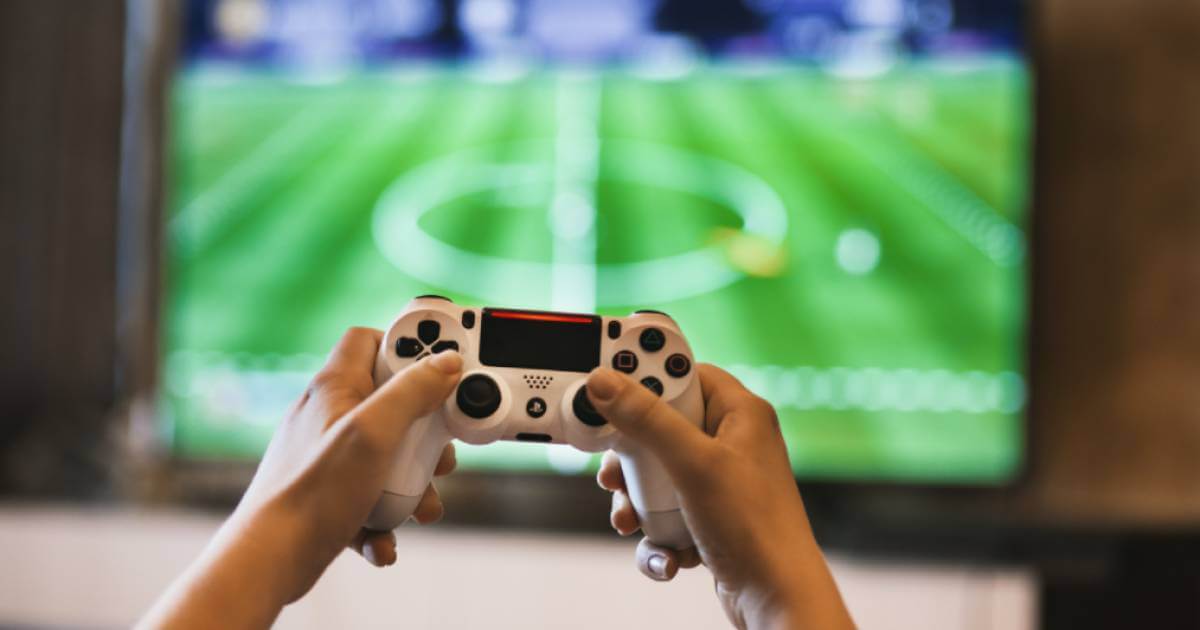
Videogame Industry Powers Up with Licensing
The videogame industry is facing its first annual sales decline in a decade, according to market research. As the holiday season approaches, will connected brand licensing efforts be resistant to this reduced consumer spending?
That’s the question weighing on the licensing industry after videogame publishers issued a sober outlook for the all-important fourth quarter, which is typically a top sales period given the holidays. Additionally, Q4 has traditionally served as the launch pad for new gaming consoles.
But with no new consoles being introduced and only a handful of licensing-friendly titles being launched—Nintendo’s “Pokemon Scarlet” and “Pokemon Violet” sold 10 million units in the three days following their November 18 debut while Activision Blizzard’s “Call of Duty: Modern Warfare II” topped $1 billion in retail sales within 10 days of its October 28 launch—the videogame business appears to be in for a short-term lull.
Global consumer spending of videogame software is expected to reach $189.6 billion this year, a decline of 4.3%, according to Newzoo BV. This would mark the first year-over-year decline since the research firm started tracking the industry in 2012. By comparison, spending rose 7.6% last year and 25% in 2020, when homebound consumers drove a spike in videogame sales.
“We recognize that the risk of the global economy slowing down is increasing further,” Sony Group Corp.’s finance chief Hiroki Totoki said on an earnings call. PlayStation users are “playing a smaller number of titles out of a desire to spend less money.”
Newzoo reported that 2022 is a “corrective” year and that its outlook for 2023 was “positive.” That’s because the business is expected to rebound in 2023 when titles like “Hogwarts Legacy” (February 2023), “The Legend of Zelda: Tears of the Kingdom” (May 2023), “Resident Evil 4” (May 2023), and “Minecraft Legends” (Q2 2023) are due to be released.
For the most part, sales of licensed goods have been immune to the ebbs and flows of the gaming industry. This is because most products are based on evergreen brands rather than the newest version of a given title. For example, Pokémon-licensed items typically sell regardless of whether there is a new game because the brand itself carries more weight with consumers.
As a result, the overall sales of a particular title are less important when it comes to consumer products, said Shawn Socoloff, director of licensing at apparel supplier Hybrid, which is a Pokémon partner. “How the overall sales of videogames turn out doesn’t necessarily make a difference because you have Minecraft, Pokémon, Fortnite, Call of Duty, and other brands that will always be there” for licensing.
Yet this doesn’t mean publishers aren’t seeking new revenue streams to help offset any decline in the gaming business. For example, Rovio Entertainment is expanding its presence in location-based entertainment (LBE) with licensee SGC America due to open an Angry Birds retail store/café in Queens, NY in February as part of the $800-million Tangram complex that also includes apartments and offices. And , a chain of stores that offer multiplayer games, launched an Angry Games version at its locations (including those in New York and Texas).
“Location Based Entertainment is a unique and immersive way to experience the Angry Birds brand in a totally different environment,” said Katri Chacona, director of global brand licensing at Rovio, whose licensee Triple Five Group opened Angry Birds mini-golf at the American Dream mall in East Rutherford, NJ. “It also provides a lot of marketing value when we are in several locations around the world and supports the overall business as well. In the coming years, we are going to see significant growth for Angry Birds in the LBE business, as it’s a brand for all ages and audiences, making it a great fit for different types of experiences.”

















